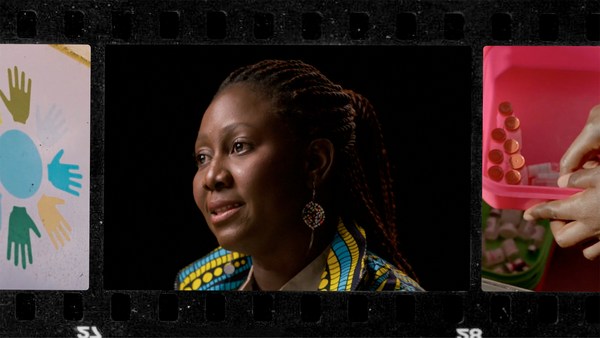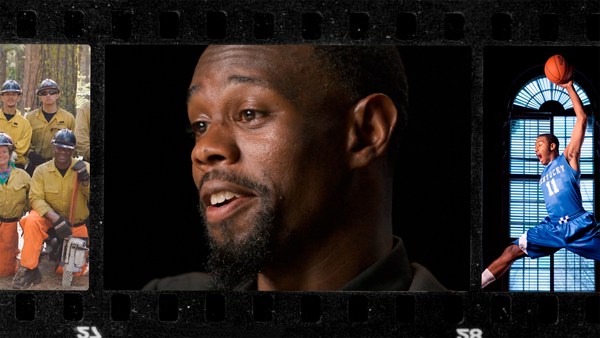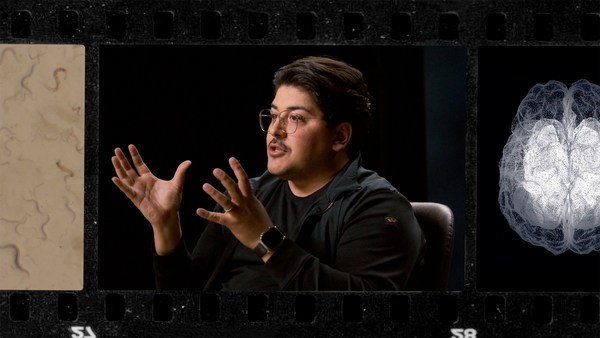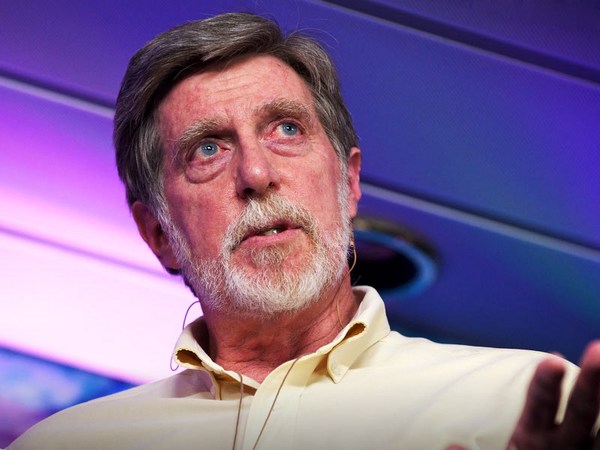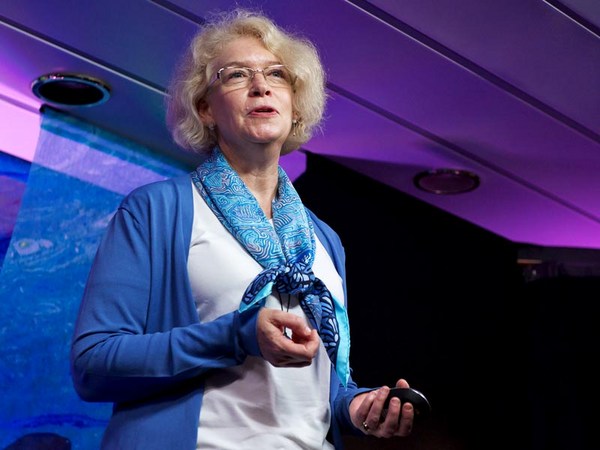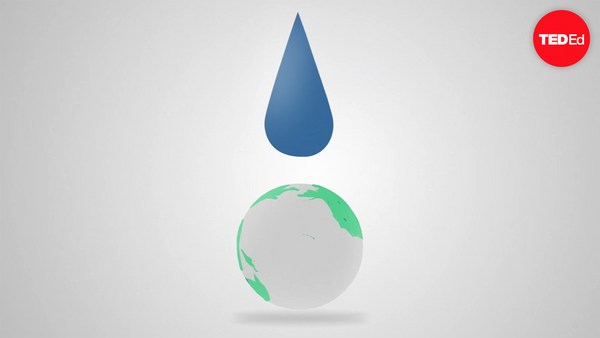(Music)
Being on a voyage forces you to unplug. It is emotionally challenging for some people to disconnect in that way. All you really need in that moment on a canoe is to know your job, right there, right then. We are all just there to get this canoe from the beginning to the end, as safely and quickly as we can. And absolutely everything else falls away.
My name is Lehua Kamalu. I'm a captain and navigator of traditional Hawaiian voyaging canoes, and I work at the Polynesian Voyaging Society.
In our chants and our songs, we hear about this place that we all came from. When our ancestors first came to Hawaii, the way they did that was on the voyaging canoe. This was the thing that connected these very distant islands. But over the years, the need for that deep ocean travel sort of faded away, and also the customs and the traditions changed as more people came into the Pacific. And in Polynesia and in Hawaii, there were no navigators left. They had all died off, as did much of the population, with the influx of colonization. This is a common tale in many places, but all of that information and knowledge and skill is lost over time. And so, while the stories were there that this must have happened, the canoes were no longer being built. Their navigators were no more. And so even though you heard about it, you couldn’t really see it. You could even doubt, maybe, that those abilities were there.
And the prevailing science at the time -- and we’re talking about the ’50s, the ’60s, the ’70s -- was really teaching a story that there's no way that Hawaiians or Polynesians had the skills to build the canoes or had the ability to navigate the canoes, even if they could build them. And that the only way they could have populated these distant islands was by chance, adrift on prevailing winds and currents. Needless to say, this isn’t a very ... complimentary idea to Indigenous peoples.
But a team came together to say, "These are what the stories say, this is what the histories are like, and we're going to put together a plan, and we are going to rebuild this canoe and figure out how to navigate it in the traditional way, like the ancestors did."
We were very blessed for teachers, and one in particular named Mau Piailug, to come to Hawaii and teach them how to navigate this brand-new canoe that was just pulled out of the past, and take it to Tahiti on its maiden voyage. This actually represents the first generation of these modern voyagers that launched this canoe in 1976 and that really restarted what is navigation today in Polynesia and in Hawaii.
I was part of the third generation, and the first woman to solo navigate the historic Hōkūleʻa, the first Hawaiian canoe navigated traditionally in over 300 years. There is no GPS, no fancy carbon-fiber rig. We use only observations from nature. You are relying on and looking towards patterns. Your job is to find them in things that you can see or feel, or even smell, sometimes -- some islands have the scent of coconut on them. The heavens move in cycles. The weather moves in cycles, the waves move in cycles. And you are comparing these different things to one another. The signs of nature don't rest, they're there all day, every day, 24 hours. You'll be startled awake, just making sure -- is there something that is just about to set or rise, that is going to be the information I need to keep us on a safe course?
It is a very different way, I think, to look at how we travel and move through the world, when we're extremely conscious of where we go, who's already there, what role we step into when we show up in a place and how we show up there. Realizing that going anywhere has an impact on place, has an impact on people, and we always want that, at the end of our experience, as we leave, we're all better for it.
I think these are things that we think about as we try to answer that question of: How do we earn this voyage? So that it’s not just, you know, us having this beautiful sail out in the middle of the ocean. It's us, hopefully, bringing and sharing knowledge and an experience that we all learn from and grow from towards a better future.
(Music fades)
